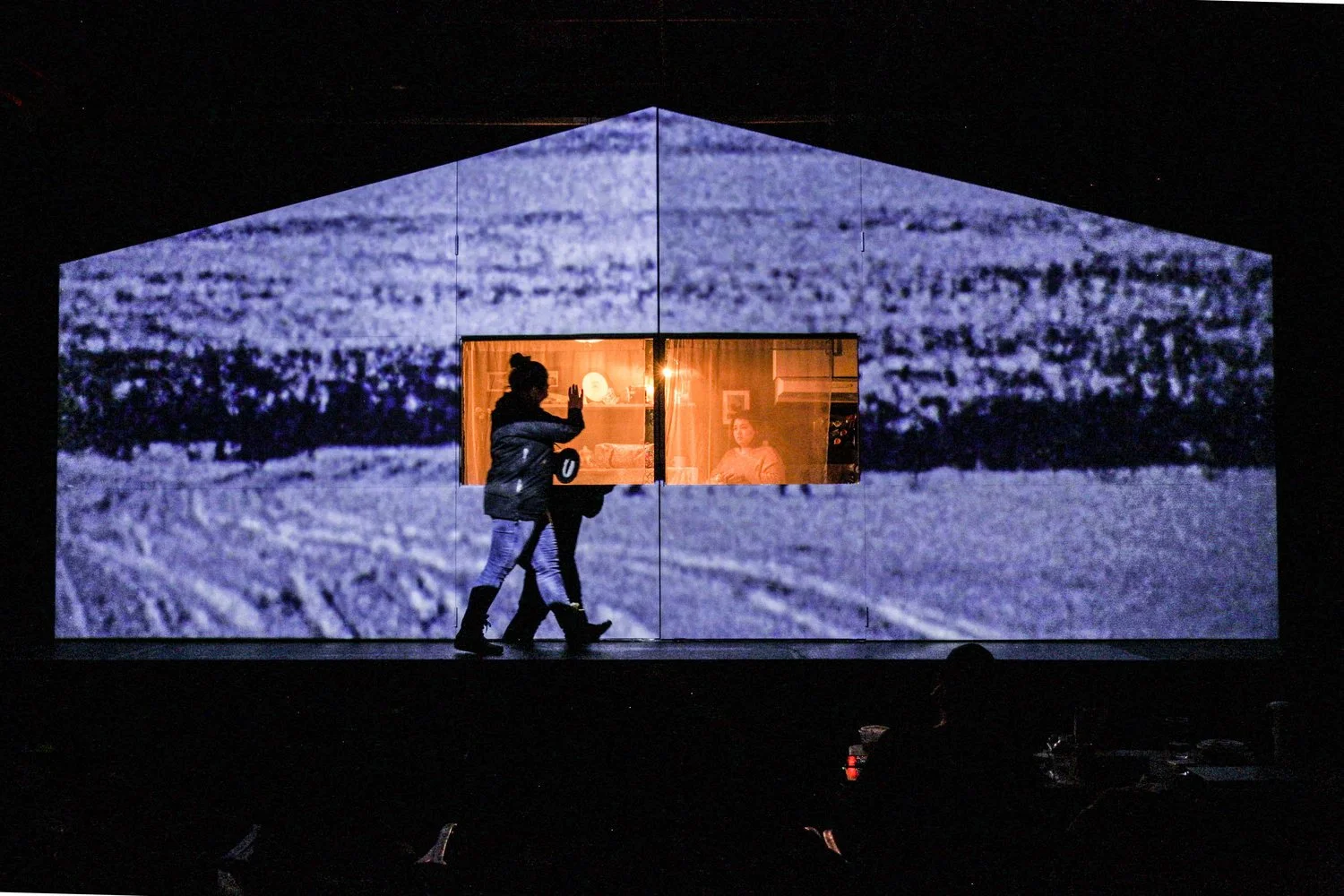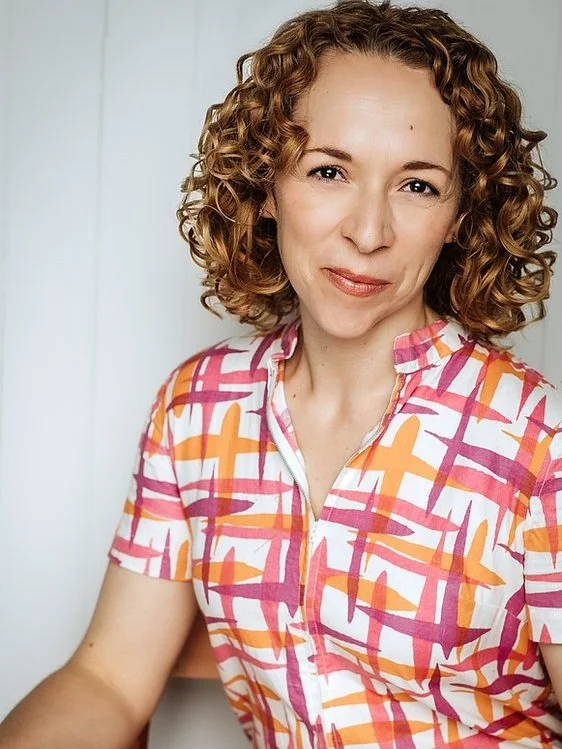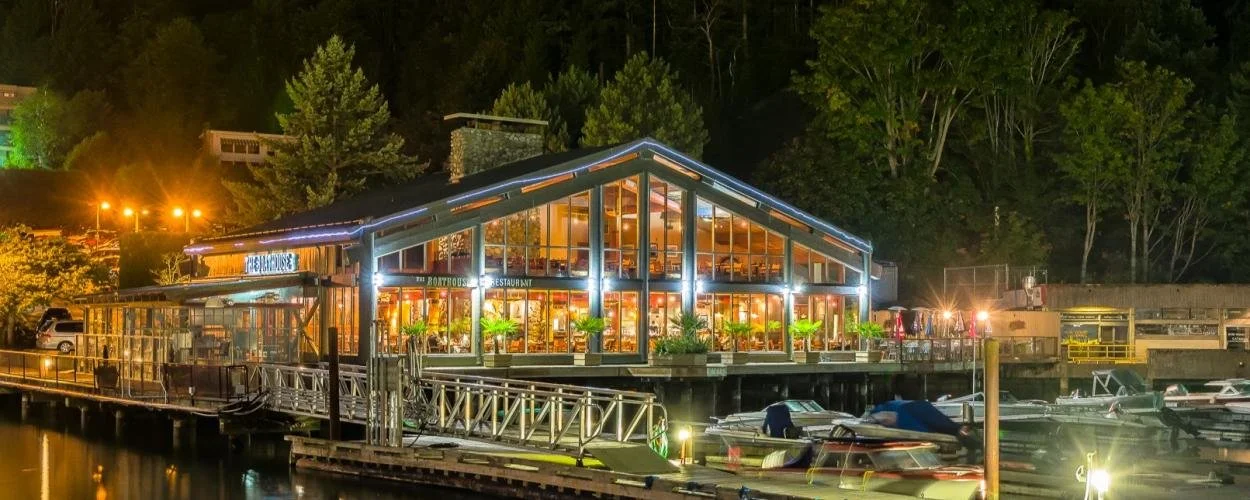Here we go again: Vancouver performing arts forced to pivot and postpone in face of Omicron restrictions
While some organizations are persevering with 50-percent capacity, others are putting shows off until spring
Aalaapi will include streamed performances at the PuSh International Performing Arts Festival.
Farren Timoteo in Made in Italy, now postponed till spring at the Arts Club. (Pictured here in Western Canada Theatre Production) Photo by Dylan Hewlett
ARTS GROUPS THAT had booked ambitious programming for the new year are scrambling to postpone, modify, and re-seat shows this week in the wake of new Omicron measures.
During the Christmas break, the provincial public health office restricted live performances to 50 percent capacity until January 18. And from the sounds of things, organizations are bracing for an extension of that capacity restriction.
The bad news straddles all genres.
The Arts Club Theatre Company announced today that it’s moving Made in Italy, set to open January 13 at the Stanley Industrial Alliance Stage, to March at the Granville Island Stage. ITSAZOO Productions and Aphotic Theatre have also been forced to postpone the world premiere of The Café, originally scheduled to run from January 25 to February 5 at the Kafka’s on Great Northern Way, as part of the PuSh International Performing Arts Festival; the new order mandates physical distancing and restricts movement between tables at restaurants, making the show that takes place in a real Vancouver coffee shop impossible. The Dance Centre has also moved its mixed program of new short works Open Stage #2 to April 3.
Meanwhile, Early Music Vancouver announced it would be cancelling the January 7 concert The (Very) First Viennese School, and Vancouver New Music postponed both its One-Page Score Project in January and a presentation of Roxanne Nesbitt in February. Over at Vancouver Recital Society, the team has made the difficult decision to cancel trombonist Peter Moore’s January 23 engagement with pianist James Baillieu at the Playhouse (that was the second time rescheduling the concert, which VRS hopes to bring back). Today, the organization said it’s waiting to hear about Gerald Finley and Julius Drake’s performance at the Playhouse on January 30, and, with theatres at half capacity, it’s trying to re-seat all ticket holders for subsequent concerts this winter.
In words that captured the frustrating uncertainty, VRS founder and artistic director Leila Goetz wrote to members today, “At this moment we simply cannot predict what will happen; all we can do is wait and wonder. The other equally important point, it would seem, is that we can see a reluctance in our audiences to purchase tickets at the moment. That’s completely understandable. No amount of advertising or coercing could change your minds, nor should it.”
As Jessica Schneider, executive director of the Massey Theatre, puts it, responding to ever-changing circumstances as an arts organization is akin to “mental gymnastics”.
“We’re prepared for 50 percent,” Schneider tells Stir. “But now we can’t necessarily even get to 50 percent, because people are so accustomed to being scared.
“We had a really busy December; people were eager and keen to be out,” she adds. “We’re not seeing sales blossoming right now; we’re seeing sort of a paralysis. And that’s really scary, because…if everything just freezes up, the commitments are heavy….Then you start looking at losses and whether you can sustain that.”
Perhaps the biggest juggling act has come at the PuSh International Performing Arts Festival, set to run January 20 to February 6, which is going ahead with a strong mix of reduced-audience shows and new online options. So far it’s seen the cancellation of The Café, as well as Songs for a Lost Pod, which was to be a world premiere with Music on Main. The production was about to enter its final stages of creation, including a residency with its large group of musicians, singers, designers, directors, and technicians from across the country. Having them all working together on stage over an extended two-week period was no longer possible with the restrictions and high transmissability of the Omicron variant. The artists have chosen “not to complete the work at this time”—reflecting the uncertainty around just when such a collaborative project might be possible again.
Other shows will continue with 50-percent capacity, and productions including Nunavut-set Aalaapi and Joseph Toonga’s Born to Manifest will now have streaming options. Similarly, PuSh’s 2022 Industry Series has shifted its round tables, panel discussions, and the pitch session to on-demand podcasts and videos. (Work-in-progress showings, networking events, and a few other offerings remain in-person). Fortuitously, a few shows already in the lineup, such as Violette, were designed to be enjoyed by an audience of one.
Support from the BC government’s new Fairs, Festivals and Events Recovery Fund has been vital in allowing PuSh to take on some of the financial risk of postponing shows, explains PuSh director of programming Gabrielle Martin—meaning independent companies aren’t shouldering the full burden of cancellations and postponements.
“We do believe arts are essential to produce and present. We are relying on the experts creating the provincial health orders and keeping theatres open because they don’t deem them significant enough to permit transmissions,” Martin stresses. “We’re doing this because we really believe in the power of the performing arts. We’re not going to pull the plug unless the provincial health orders tell us to. It’s our job to hang on to the hope.”
There is some other good news: the Firehall Arts Centre is going ahead with 50-percent-capacity shows of Helen Walkley’s John, January 12 to 15. Alexis Fletcher and Sylvain Senez will persevere with reduced audiences for the multimedia new assemble, at the Scotiabank Dance Centre on January 13 and 14.
The uncertainty factor
Optimism continues, but a lot of the new measures have come as a blow to an already struggling arts scene. Companies had spent the fall slowly and carefully trying to rebuild after more than a year of shutdowns.
In a wide survey of artists and groups, Stir found factors in the postponement of productions were an abundance of caution and a frank fear that shutdowns might be escalated without notice.
As Rachel Peake, associate director of Made in Italy, told Stir, the decision was made to postpone before cast and crew dove into rehearsals starting January 4. “There are some members of the creative team coming from out of province and that was a contributing factor,” she explains. “And also, we didn’t want to get part way through rehearsals and have to make the decision. Uncertainty is a good word for it: we don’t necessarily know when the new restrictions might come down or if they might come down. There’s nothing regular about it. We’re just getting used to the uncertainty.”
Rachel Peake.
Peake feels “lucky” that Made in Italy can make a smooth transition to the Granville Island Stage in March and not fall completely off the roster after so much preparation. Even the sets and seating plan can move into the new venue, she relates. And she’s hopeful that, by spring, the situation will have much improved, with safety measures in place; it was just weeks ago that audiences were turning out in force–masked and vaxxed–to Dolly Parton’s Smoky Mountain Christmas at the Stanley, after all. She sees that as evidence there’s a hunger for live performance again, and confidence in safety measures once the latest variant is under control.
“We’re feeling really hopeful as we are moving forward,” she emphasized. “It’s just letting this current wave die down a little bit.”
The risks around health orders being extended past January 18 seemed to loom over the decision to cancel ITSAZOO’s The Cafe as well.
“Although the current public health restrictions are scheduled to be lifted on January 18, out of an abundance of caution we are choosing to cancel the presentation in anticipation that restrictions may be extended later this month,” ITSAZOO’s artistic producer Sebastian Archibald said in a statement today. “Additionally, the health and safety of our cast and crew are of our utmost priority, and we do not wish to risk exposing them to potential COVID-19 transmission during rehearsals.”
At the Scotiabank Dance Centre, the team is approaching each show on a nuanced, “case-by-case basis”, executive director Mirna Zagar told Stir by email. “We take into consideration the impact of a 50-percent reduction of capacity and revenue, the number of performers, and the comfort levels of the artists themselves. With the current exponential growth in cases we tend to err on the side of caution, while hoping that the overall context will become more manageable.”
Advocacy may have warded off the worst
Whatever their complex decision-making processes and risk-assessment strategies as the situation shifts, Vancouver arts organizations are proving, once again, they’re becoming adept at changing and regrouping quickly.
But there is little doubt about the lasting effects of repeated upheaval. In its recently released COVID-19 B.C. Arts & Culture Sector Impact Survey for fall 2021, the Greater Vancouver Professional Theatre Alliance found that most cultural organizations identified certain obstacles to rebuilding. The most consistent were reduced income from fewer patrons, government regulations related to public health orders (each at 76 percent of respondents), and uncertainty of government response affecting their ability to plan effectively (at 74 percent).
It’s telling that, faced with such uncertainty around regulations, many presenters are choosing to postpone works into the spring. And let’s not even consider the devastating effects if there’s a return to full closures, as Ontario has just done, not only for theatres but for galleries and museums as well.
On that front, B.C. has been less quick to unilaterally close the performing arts and movie theatres for this wave. In late 2020 and early 2021, health authorities faced criticism around decisions to shutter theatres while allowing restaurants and bars to stay open. This time out, the Massey’s Schneider is heartened by the fact that the arts haven’t been shut down, saying collective advocacy efforts by cultural leaders from across the province last year paid off.
“I feel really good about our advocacy work,” she says. “We aren’t the first to close anymore. We’re understood as being responsible operators. The future is brighter than it was a year ago.”
Still, every step backward may threaten to prolong the time it takes to get audiences back out to theatres again.
For now, arts groups are busy with the Sisyphean tasks of re-seating audience members, processing ticket refunds, and rebuilding calendars. But those jobs, daunting as they are, don’t capture the emotional and psychological fallout for the artists themselves.
For that, let’s give the last word to writer-artist Vivek Shraya, who’s still slated to perform How to Fail as a Pop Star at the PuSh International Performing Arts Festival next month. On the heels of Ontario’s brutal performance shutdowns this week, she tweeted: “i feel so sad for artists. projects take months, YEARS to conceive and construct. we do it for us, yes, but we also do it for you. and i mourn all the art that has gotten lost, shuffled, canned in the past two years, and this ongoing trajectory.”

















